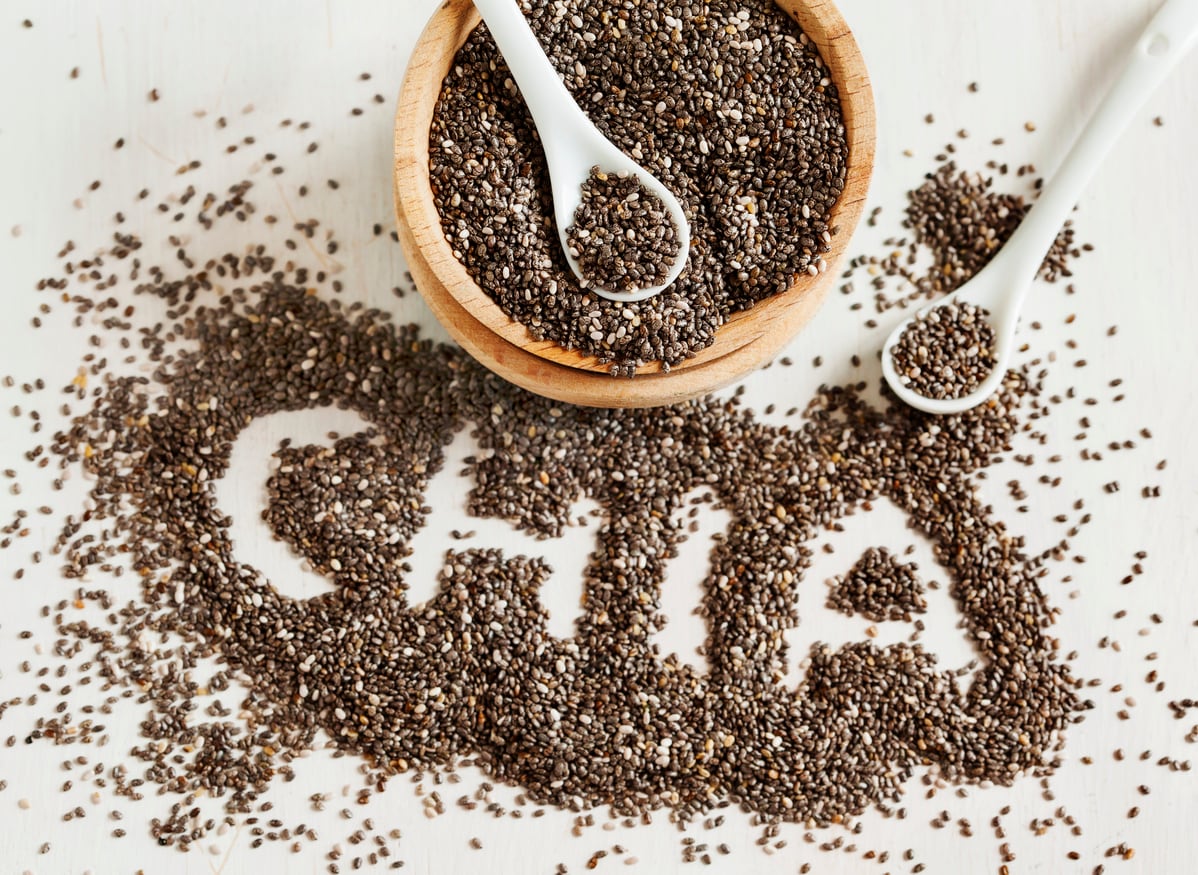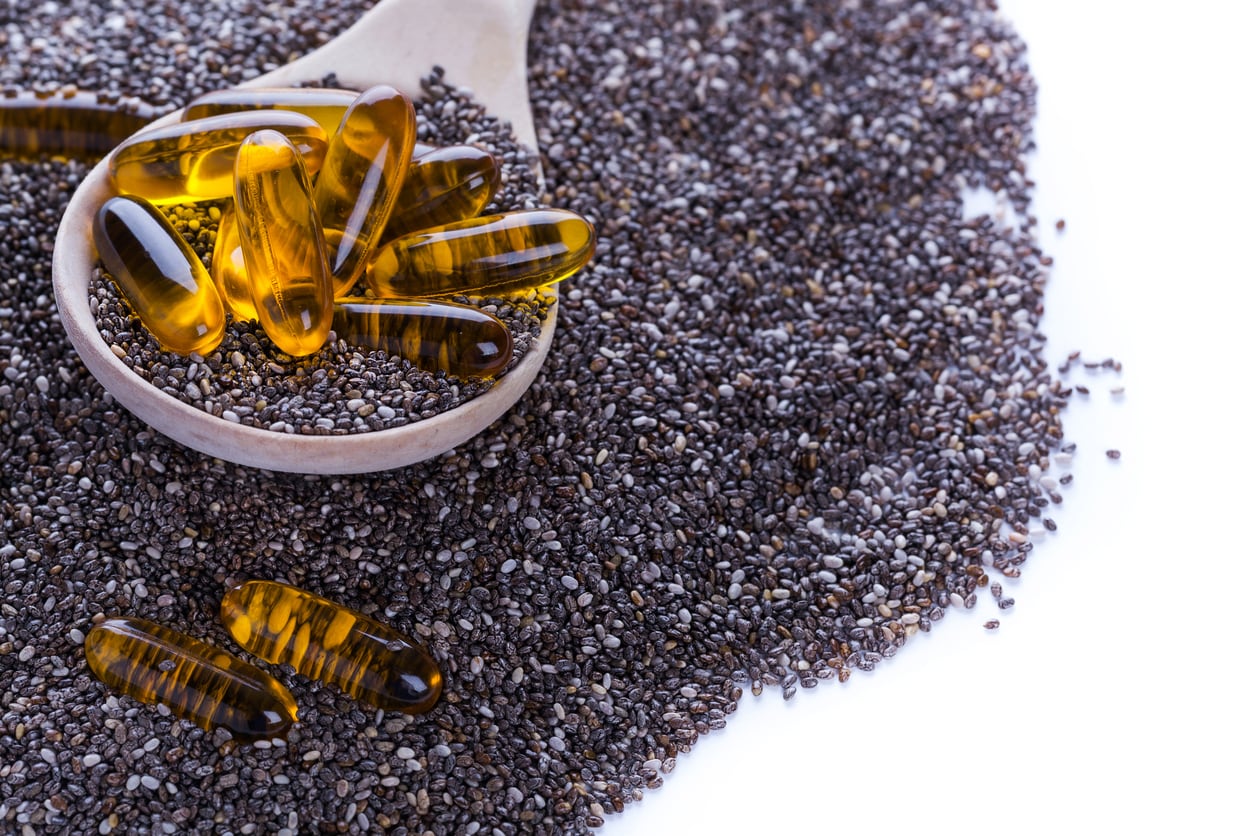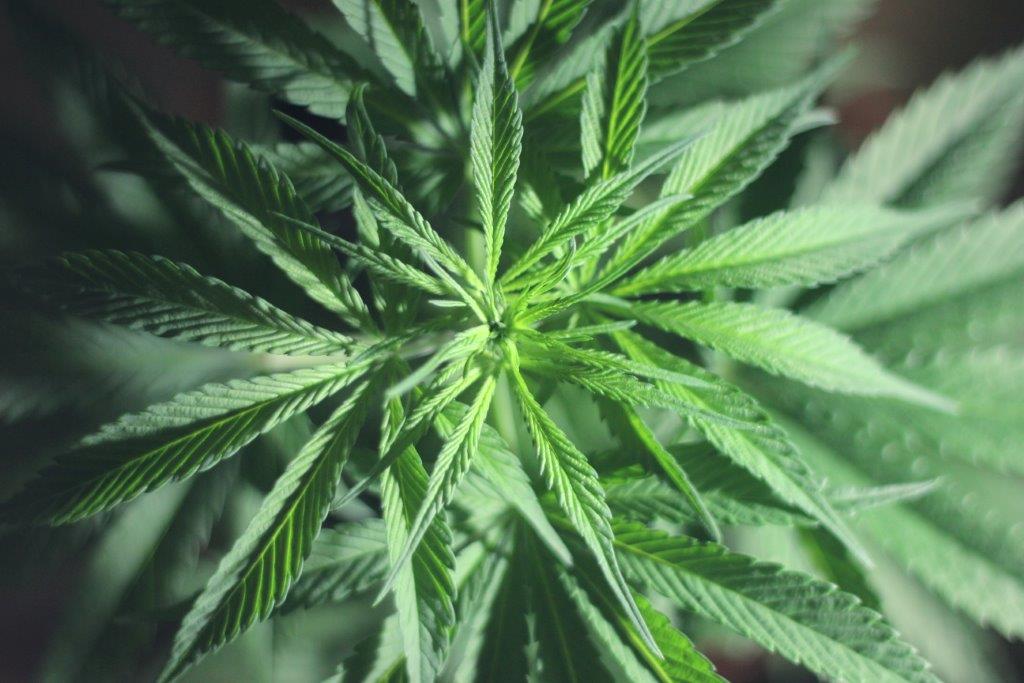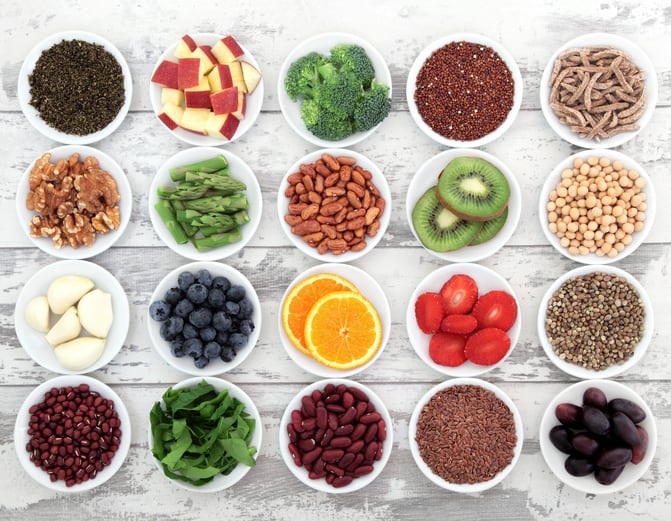The Authority’s Panel on Nutrition, Novel foods and Food Allergens (NDA) rules that two chia powder types, obtained from whole seeds of S. hispanica L. are safe to consume by the general population.
The first powder, ‘Xia 125’, put forward by the applicant, Access Business Group International, has a particle size below 130 micrometres (μm) and protein content of at least 40%.
The second powder, ‘Xia 435’, has a particle size below 400 μm and dietary fibre content of at least 50%.
“Taking into account the employed production processes and the compositional data available for chia seeds, the Panel considers the consumption of the NFs not to be nutritionally disadvantageous,” the ruling said.
“Given the source of the Novel Foods (NFs) (i.e. chia seeds) and that the manufacturing processes or compositional data do not raise a safety concern; the Panel considers that no toxicological studies, performed with the NFs, are required.”
Chia oil ruling
The NFs have previously been marketed outside the European Union (EU) under the ‘Xia 125’ and ‘Xia 435’ trade names.
EFSA’s latest decision follows on from a similar ruling published in April, in which the Panel advised the use of chia oil in food supplements to be safe at a maximum level of two grams per day (g/day).
Here, the applicant requests that Xia 125 and Xia 435 chia powders be marketed as food supplements up to 7.5 and 12 g/day, respectively and as ingredients in a variety of foods.
The maximum proposed use levels range from 0.7% to 10% in fortified foods with the target population for the NFs being the general population.
“ “ said an EFSA spokesperson
Xia in beverages
Along with food supplements, Access Business Group International also intend to use Xia 125 and Xia 435 in the beverage category, specifically, flavoured, energy, isotonic/sport drinks at 3% and 4% use levels respectively.
The powders’ key characteristics make its inclusion in these products ideal. Along with a relatively small particle size, Xia 125’ shows a protein content above 40%, fat below 17% and dietary fibre below 22%.
Meanwhile Xia 435 exhibits a protein content above 21%, fat below 12% and dietary fibre above 60%.
It has only been in the last decade or so that chia seeds and chia oil have become popular in the EU.
Based on CBI report in 2017, import estimations of chia seeds in Europe increased by 27% (in volume) between 2012 and 2016, reaching 16,182 tonnes of chia seeds in 2016.
The four top countries regarding the import of chia seeds are Germany (with a market share of 40%), the Netherlands (18%), Spain (12%) and the UK (8%).




